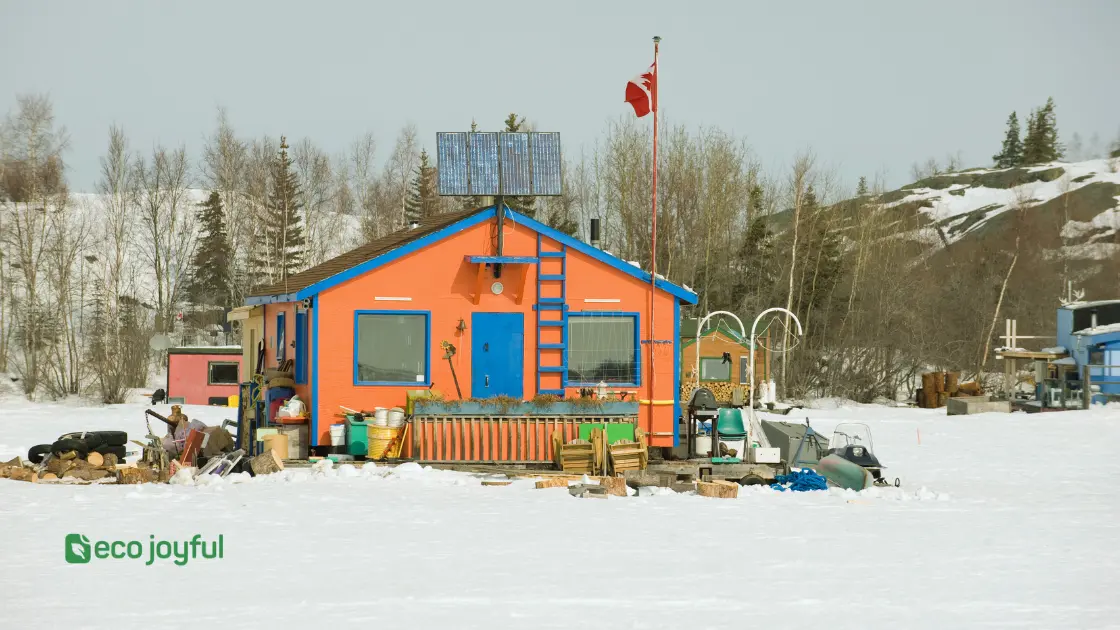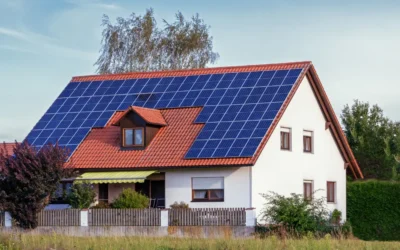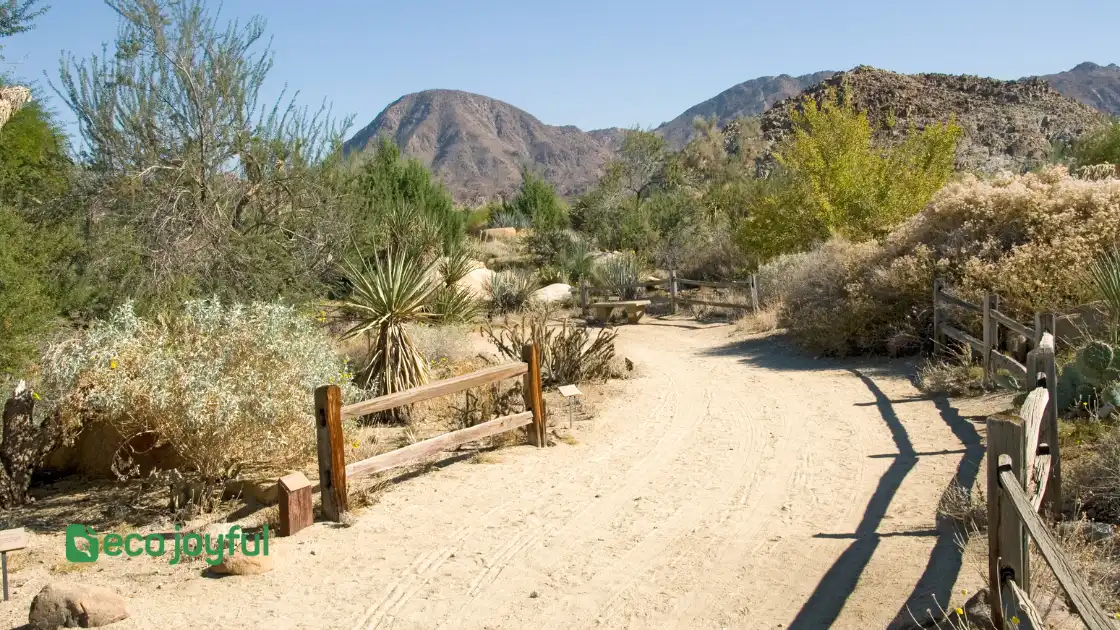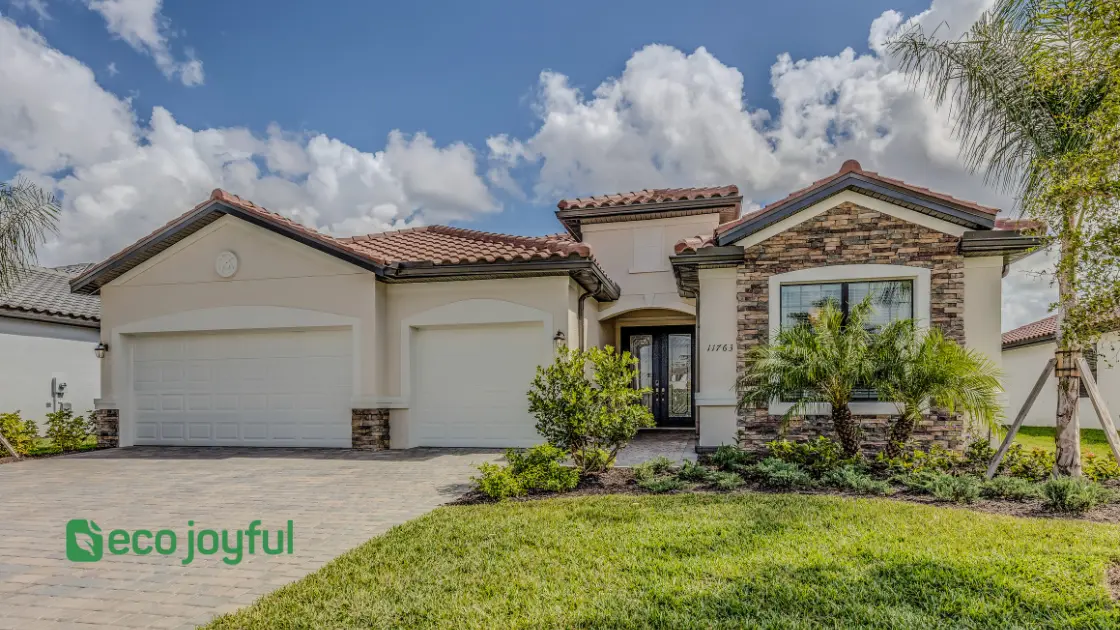California’s off-grid living allows residents to live sustainably, independently from public utilities. A socially conscious lifestyle choice, off grid living reduces carbon footprint and fosters self-reliance.
This article explores the essentials, benefits, and challenges of off grid living in California, highlighting the state’s unique environmental and regulatory considerations.
From alternative energy sources to water conservation strategies, we delve into the practical aspects of creating a self-sufficient off grid home.
Additionally, we examine how off grid living promotes a deeper connection with nature and a more straightforward, intentional way of life.
Whether you’re considering a remote mountain retreat or a suburban homestead, this guide provides valuable insights into thriving off the grid in the Golden State.
Table of Contents
The Benefits Of Off Grid Living
Off-grid living in California offers numerous benefits that appeal to those who prioritize self-sufficiency, sustainable living, and minimal environmental impact.
By disconnecting from traditional utility systems, individuals and families can experience the advantages of energy independence, reduced environmental impact, and significant cost savings.
Energy Independence
One of the key benefits of off-grid living is achieving energy independence. By generating their renewable energy through solar panels and wind turbines, Californians can break free from reliance on fossil fuels and the fluctuating costs of traditional power sources.
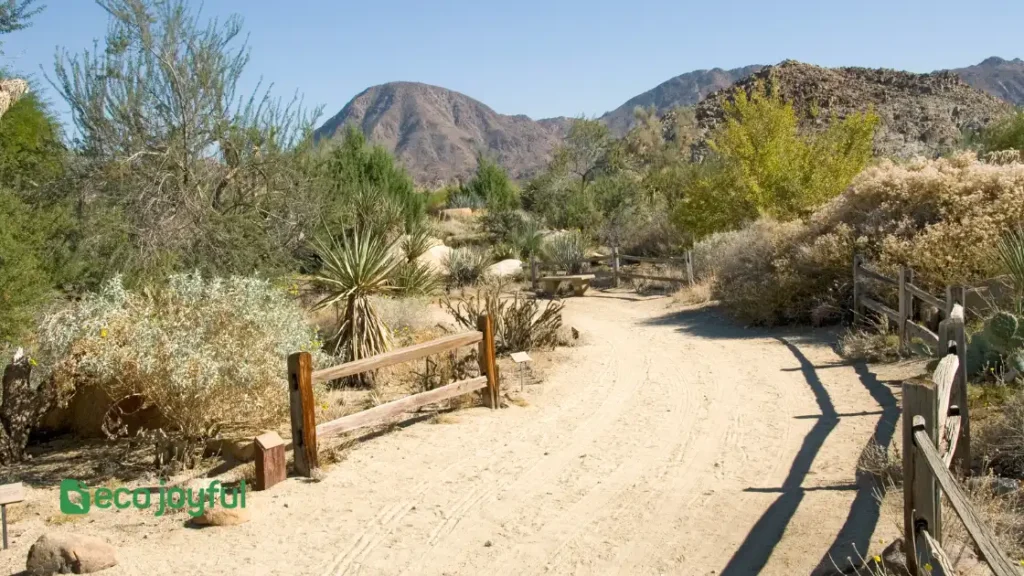
Embracing sustainable energy solutions reduces their carbon footprint and provides a reliable and uninterrupted power supply for their homes.
Reduced Environmental Impact
In an era where environmental consciousness is vital, off grid living allows Californians to make a significant contribution towards curbing climate change.
By utilizing renewable energy sources like solar power, off-grid individuals reduce greenhouse gas emissions and help preserve the state’s abundant natural beauty and delicate ecosystems.
Cost Savings
Off grid living in California offers substantial cost savings over time. While the initial investment in solar panels, battery systems, and alternative energy sources may seem significant, the long-term benefits outweigh the initial expense.
With no monthly utility bills, homeowners can redirect their funds towards other essential aspects of their lives, such as education, travel, or savings.
Moreover, by conserving energy and water, Californians can further reduce costs while being kind to the planet. Off grid living encourages a minimalist approach, fostering an appreciation for necessities over excess consumption.
Challenges of Grid Living
Living off the grid in California offers freedom and independence, allowing individuals to live harmoniously with nature.
However, this alternative lifestyle does come with its fair share of challenges. From limited access to basic amenities to the maintenance and upfront costs involved, a few hurdles need to be overcome.
Here, we will explore three main challenges when opting for off-grid living.
1. Limited Access To Basic Amenities
When living off the grid in California, one of the primary challenges is the limited access to basic amenities. Unlike city dwellers with easy access to electricity, water, and gas, off-grid residents must find alternative solutions to meet their daily needs.
This means generating electricity through solar panels or wind turbines, capturing rainwater for household use, and utilizing propane or wood-burning stoves for heating and cooking.
While these methods provide a sustainable way of living, they require careful planning and adaptation to ensure a reliable and uninterrupted supply of these essential amenities.
2. Maintenance And Upkeep
Maintaining an off-grid lifestyle in California requires a certain level of self-sufficiency and resourcefulness.
Unlike urban areas where professional services are readily available, off-grid residents often rely on their skills and knowledge to troubleshoot and fix any issues that may arise.
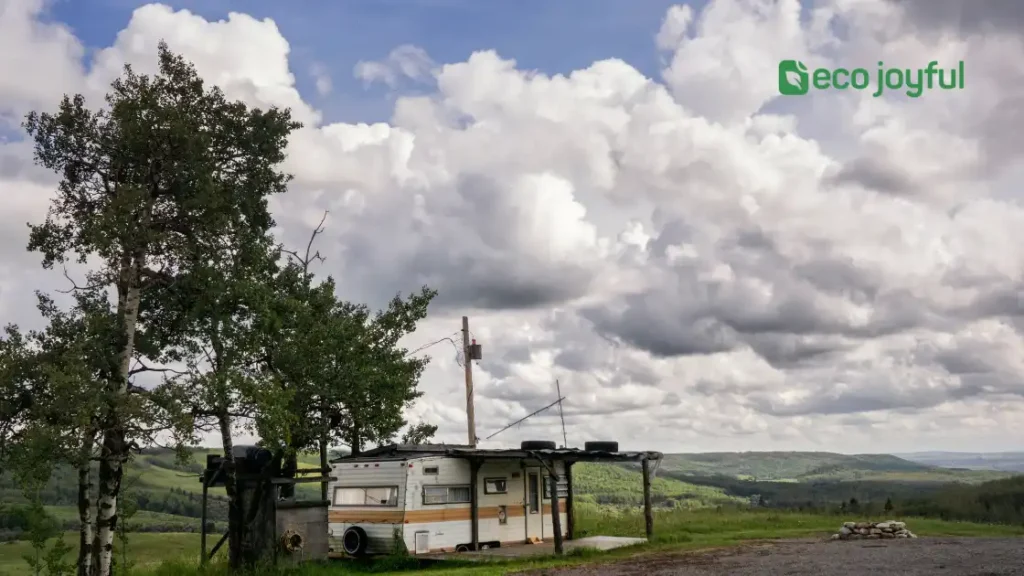
From repairing solar panels to maintaining water filtration systems, off-grid living demands a hands-on approach to maintenance and upkeep.
It is essential to have a solid understanding of the systems in place and to invest time and effort in regular maintenance to ensure they continue to function optimally.
3. Initial Costs
While off-grid living can offer long-term savings in reduced utility bills, it requires an upfront investment. The initial costs can be significant, especially when installing renewable energy systems, water storage solutions, and sustainable infrastructure.
One of the major expenses is setting up a reliable solar power system, including purchasing photovoltaic panels, inverter systems, and battery banks.
The costs associated with drilling a well or constructing water catchment systems can also be substantial.
However, it is important to consider the long-term benefits and potential savings that off-grid living can provide.
By being self-sufficient and reducing reliance on external resources, individuals can enjoy a more ecologically and financially sustainable lifestyle.
Tips For Successful Off Grid Living In California
Living off the grid in California can be an exciting and rewarding experience, allowing you to disconnect from the traditional power grid and live a more self-sufficient lifestyle.
However, successful off grid living requires careful planning and consideration. This article will explore some crucial tips to help you thrive in your off-grid adventure.
Selecting The Right Location
Choosing the right location is the first step towards successful off grid living in California. Consider the following factors:
- Access to sunlight: Opt for a location that receives ample sunlight throughout the year, as it’s essential for generating solar power, a primary energy source for off-grid living.
- Water availability: Look for areas with access to year-round water sources, such as rivers, streams, or wells. Water is vital for various off grid activities, including drinking, cooking, and gardening.
- Proximity to amenities: While the idea of living off the grid might imply seclusion, it is crucial to choose a location that is not too far from essential amenities like grocery stores, healthcare facilities, and schools.
- Natural disasters: Consider the risk of natural disasters in the area, such as wildfires, earthquakes, or floods. Take necessary precautions to ensure the safety of your off-grid home.
Choosing The Proper Off Grid Systems
Selecting and setting up the right off grid systems is vital for a smooth and sustainable off grid living experience in California. Here are some essential considerations:
- Solar power: Install a reliable solar power system to meet your energy needs. Calculate your power requirements and choose solar panels, batteries, and inverters accordingly. Ensure you have enough storage capacity during cloudy or low sunlight.
- Water management: Develop an efficient system to collect, store, and filter water. Consider rainwater harvesting, installing tanks or cisterns, and implementing effective filtration techniques to ensure a reliable supply of clean water for various purposes.
- Waste management: Establish a suitable system that promotes sustainability and minimizes environmental impact. Compost organic waste, recycle materials, and find proper disposal methods for non-recyclable items.
Understanding Regulations And Permits
Before embarking on your off grid living journey in California, it is crucial to understand the regulations and permits associated with living off the grid.
Ensure compliance with local and state regulations to avoid unnecessary legal complications.
Consider the following:
| Regulations | Permits |
|---|---|
| Building codes | You must obtain the necessary permits for constructing or modifying your off-grid dwelling to meet safety and environmental standards. |
| Zoning laws | Familiarize yourself with zoning regulations that may impact the type of property you can purchase or the activities you can undertake on your off-grid land. |
| Water rights | You understand the laws and regulations governing water usage and rights, mainly if you rely on natural water sources. |
| Environmental restrictions | It knows of any restrictions or permits required for managing wastewater, wildlife protection, or other environmentally sensitive aspects of off-grid living. |
By selecting the right location, choosing suitable off grid systems, and understanding the regulations and permits, you can set yourself up for a successful off grid living experience in California.
Embrace sustainable practices, connect with other off-grid enthusiasts, and enjoy this lifestyle’s freedom and self-sufficiency.
Conclusion
Living off the grid in California offers a unique experience, blending nature’s tranquility with the freedom of self-sufficiency. From embracing renewable energy sources to adopting sustainable practices, Californians are redefining what it means to live consciously. With abundant sunshine and a progressive mindset, this state provides the perfect backdrop for those seeking a more straightforward, eco-friendly lifestyle.
So, if you’re yearning to disconnect from the chaos of modern life and reconnect with nature, consider embarking on an off-grid adventure in California. The opportunities are limitless!



